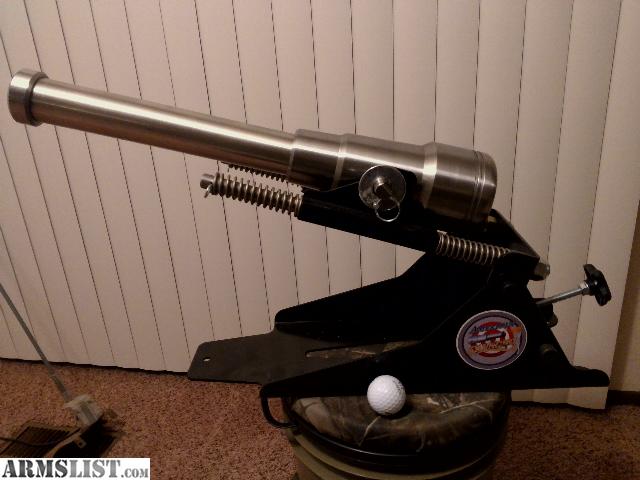The Allure of Predictive Technology in Modern Casinos
Casinos have always thrived on the tension between chance and strategy. With technological advancements, players increasingly explore tools like roulette software seeking patterns in randomness. These applications analyze historical data, ball trajectories, and wheel imperfections, promising statistical insights previously inaccessible to the human eye.
Artificial Intelligence Reshaping the Game
Roulette ai represents a quantum leap beyond basic probability calculators. By processing millions of spins through neural networks, it identifies subtle biases and predicts probable outcomes with startling precision. This evolution from rudimentary systems to adaptive machine learning transforms how enthusiasts approach the wheel. The roulette ai predictor functionality adapts in real-time, refining algorithms with each new data point captured.
Ethics and Effectiveness in Digital Prediction
While casinos deploy advanced security against traditional cheating, the rise of roulette ai software occupies a legal gray area. Its effectiveness varies significantly across platforms—physical wheel imperfections enhance accuracy, whereas certified digital tables remain largely unpredictable. Players utilizing a roulette predictor must understand jurisdictional boundaries and house rules to avoid repercussions.
The Future of Algorithmic Betting
As processing power grows, so does the sophistication of prediction tools. Next-generation roulette ai software integrates physics simulations with live camera feeds, creating dynamic probability maps during gameplay. Yet the core paradox endures: can true randomness ever be fully decoded? This tension ensures roulette retains its mystique despite technological intrusion.



